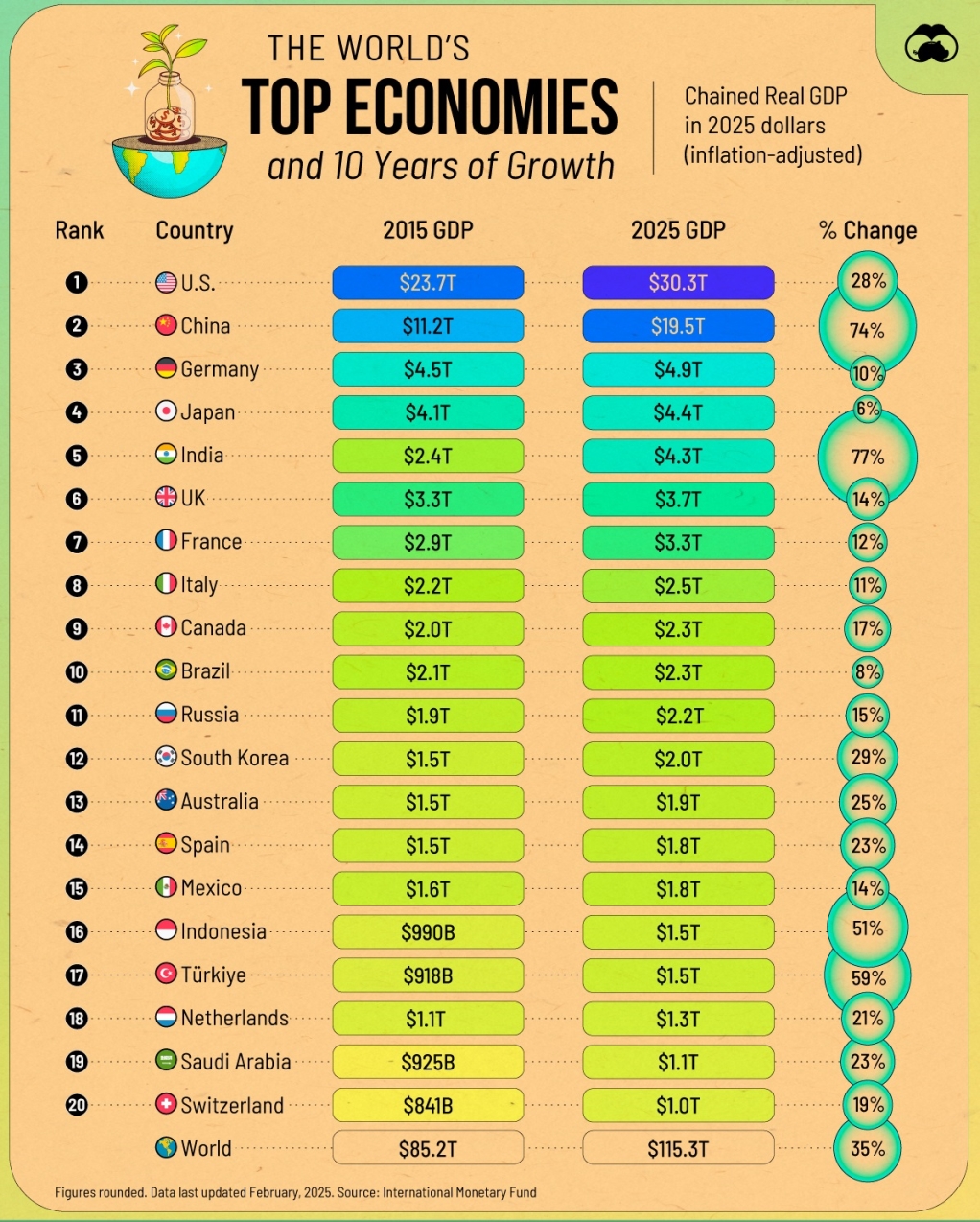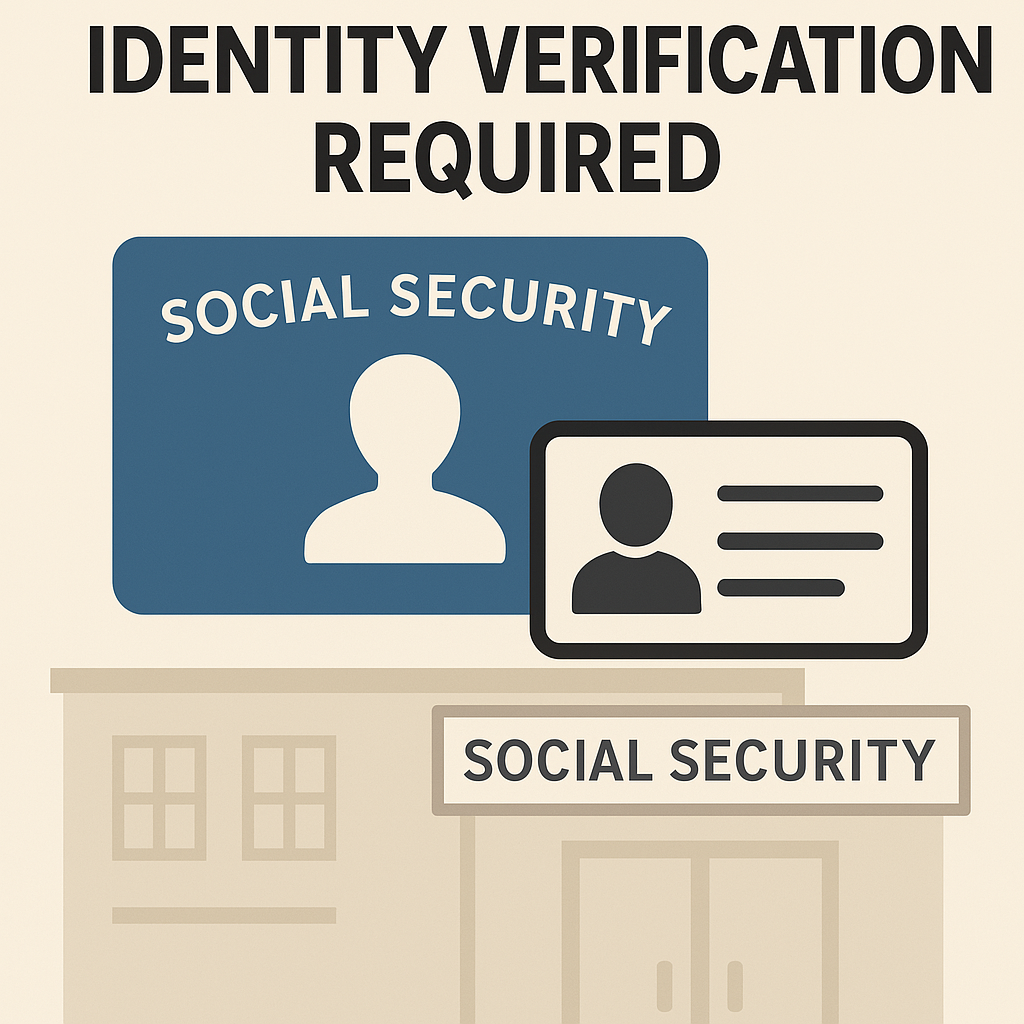For most people, Social Security is the largest source of retirement income. In fact, 65 percent of retirees receive at least half of their income from it. How and when you claim Social Security is one of the most important retirement decisions you will make. Make sure you get it right.
Choose What Age to Claim Social Security Benefits.
When claiming your Social Security benefits, there are multiple strategies; such as “file and suspend” and “claim now, claim later”. There is endless debate about the right time to start drawing Social Security and the answer is different for everyone.
If you were born before 1938, your full retirement age is 65. Because of a 1983 change in the law, the full retirement age increases gradually to 67 for people born in 1960 and later – check your benefit statement if you don’t know your full retirement age (FRA). Some people decide to retire before their FRA. You can retire and draw social security benefits as early as age 62, but the monthly benefit is paid at a reduced rate, approximately 30 percent less than if you had waited until full FRA. Additionally, if you decide to delay drawing Social Security until age 70, the latest possible age to defer, you will receive a significantly higher monthly benefit – again, about 30 percent greater in most cases – than had you taken the benefit at FRA.
So what should you do? People have strong feelings about when to draw Social Security, regardless of need. Taking a reduced benefit amount at age 62 can mean drawing more checks from the system over the retiree’s remaining lifetime. But remember: the earlier you collect benefits, the more likely you will be working; and that earned income can significantly reduce your benefits by means of taxes. By waiting until FRA and beyond, when you are less likely to be working full time, you can avoid a good chunk of your benefits going back to Uncle Sam.
Waiting until age 70 to claim benefits will result in an increase of seven to eight percent per year in your benefit beyond FRA. The drawback: delaying until full retirement age or beyond provides higher monthly payments but fewer checks over a remaining lifetime.
Delaying also means that retirement income must come from some other source. However, the impact of waiting might not matter, especially if you have a family history of good health and longevity, a job, or have other sources of income – like your investment portfolio, Individual Retirement Account, or company pension.
Also, don’t forget your spouse when it comes to claiming your benefit. If you are married to an individual who files for Social Security retirement benefits and you are at least age 62, you may be entitled to collect spousal benefits. Spousal benefits will be equal to 50 percent of your spouse’s PIA if you collect benefits at FRA or later. If you are entitled to your own benefits and your PIA is less than 50 percent of your spouse’s PIA, spousal benefits will be paid in addition to your own. These combined benefits will equal 50 percent of your spouse’s PIA, assuming you start collecting both benefits at FRA or later.
Have a plan ready.
The most important point is to have a plan. Knowing the options available as you contemplate retirement, whether next year, in five years, or 20 years down the road, could make the difference in being forced to live with a reduced Social Security benefit at age 62, or having the option to claim a higher benefit at FRA or beyond. With so many possible options, it makes sense to speak with an expert.
Did you know that because of taxes and changing laws, it is estimated that a married couple can increase their total benefit by $120,000 with proper planning?
The United States Social Security Administration is prohibited from providing advice, making it extremely important for retirees to seek counseling from private financial experts. Most financial advisors overlook Social Security – a mistake you could pay for the rest of your life. Davis Capital Management will offer you expert advice in all areas of retirement planning. By weighing factors such as health, previous marriages, years worked and government regulation, we can craft a plan customized to each individual. Social Security is very important, but it is just a piece of the puzzle. You must take a holistic approach when planning for retirement and Davis Capital Management can show you how.




